Winter is in full swing and that’s when I catch up with my philosophy reading for the year. I mean, the only thing you can do outside is hardscaping and planting bare saplings, so why not.
Reading a collection of old essays by Leszek Kolakowski, I was delighted to run across his forgotten farce “The General Theory of Not-Gardening” amid his laments about totalitarianism, modernity and general failures of decent humanity.
Here he posits a few constructs to underpin guilt-free avoidance of gardening:
People garden in order to make nature human, to “civilize” it. This, however, is a desperate and futile attempt to transform being-in-itself into being-for-itself. This is not only ontologically impossible; it is a deceptive, morally inadmissible escape from reality, as the distinction between being-in-itself and being-for-itself cannot be abolished. To garden, or to imagine that one can “humanize” Nature, is to try to efface this distinction and hopelessly to deny one’s own irreducibly human ontological status. To garden is to live in bad faith. Gardening is wrong. QED
Did the existential approach convince you? No? How about psychoanalytic:
Fondness for gardening is a typically English quality. It is easy to see why this is so. England was the first country of the industrial revolution. The industrial revolution killed the natural environment. Nature is the symbol of Mother. By killing Nature, the English people committed matricide. They are subconsciously haunted by the feeling of guilt and they try to expatiate their crime by cultivating and worshipping their small, pseudo-natural gardens. To garden is to take part in this gigantic self-deception which perpetuates the childish myth. You must not garden. QED
Well, this argument would apply double for America where large swaths of the natural world were converted directly to industrialism with no intervening generations of genteel farming. OK, so that didn’t do the trick? We resort to pure analytic philosophy:
In spite of many attempts, no satisfactory definition of garden and of gardening has been found; all existing definitions leave a large area of uncertainty about what belongs where. We simply do not know what exactly a garden and gardening are. To use these concepts is therefore intellectually irresponsible, and actually to garden would be even more so. Thou shalt not garden. QED
Let’s face it, if you’re still not convinced then you are condemned to this admonition: “The alternative to not-gardening without a theory is to garden”



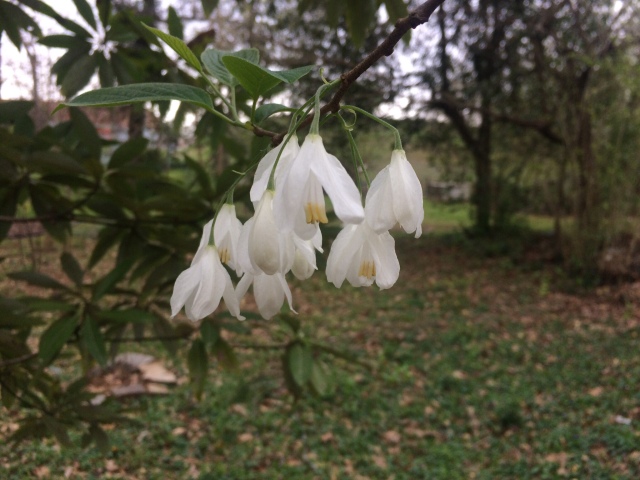


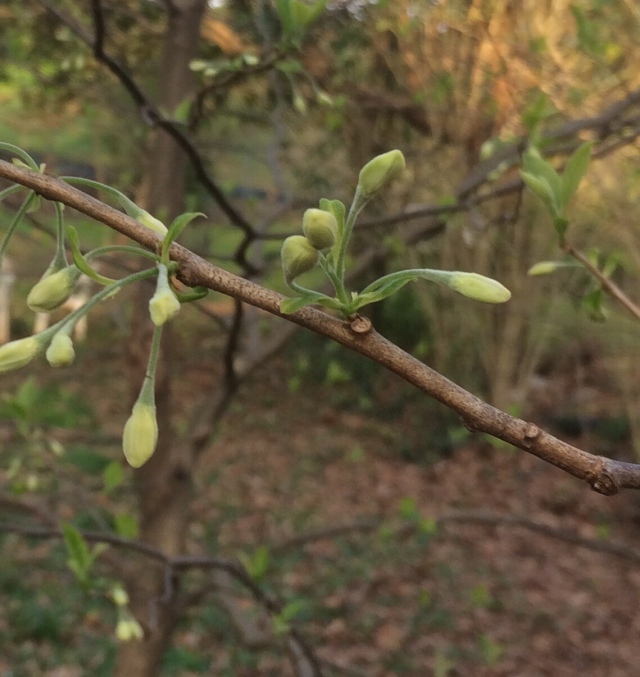
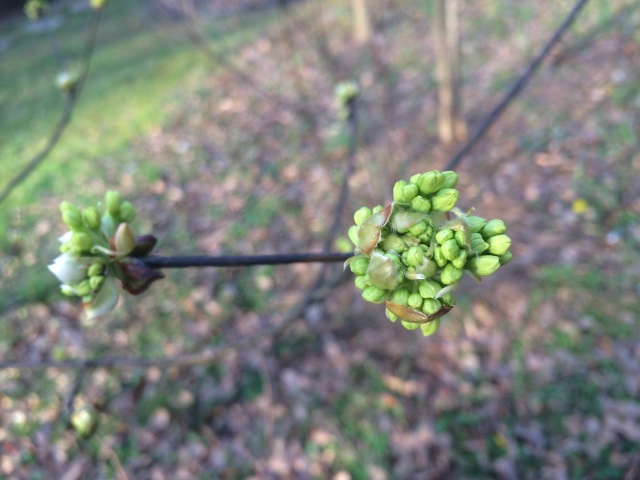

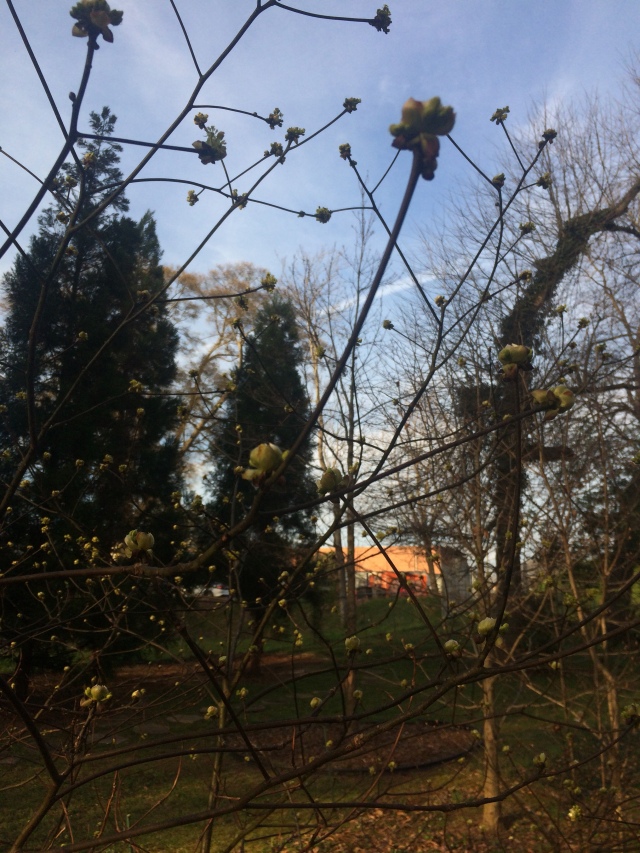

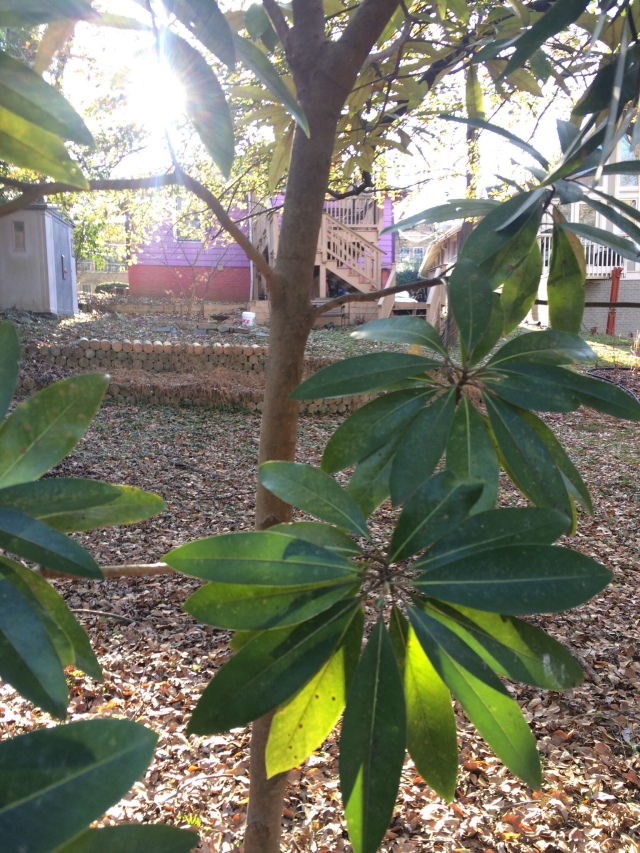
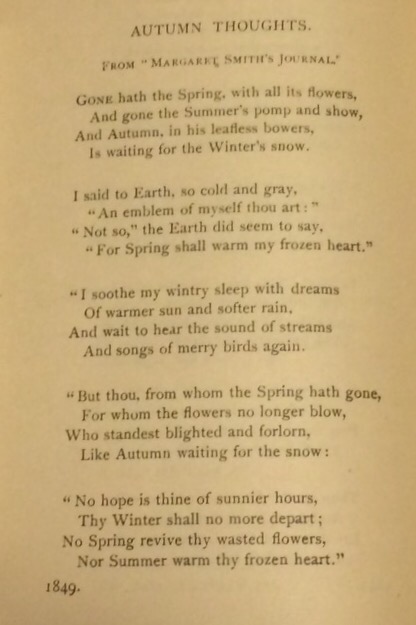

 Beloved, Autumn tells us all we know
Beloved, Autumn tells us all we know